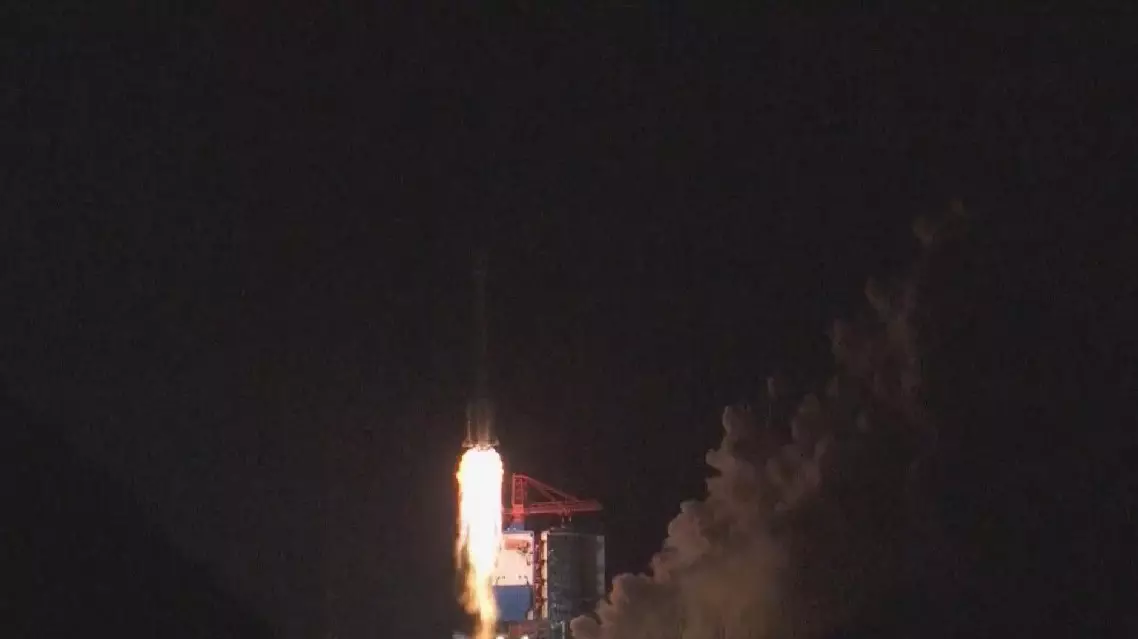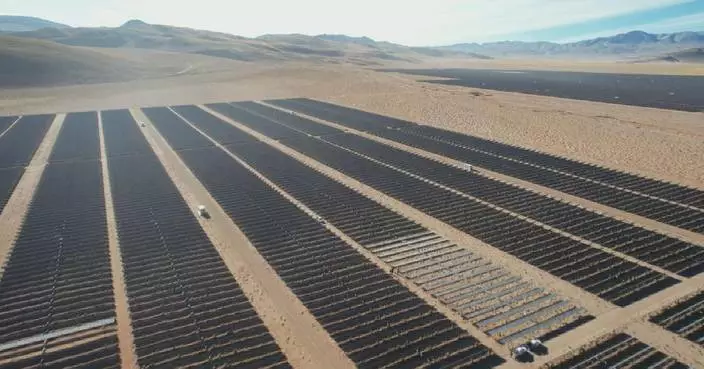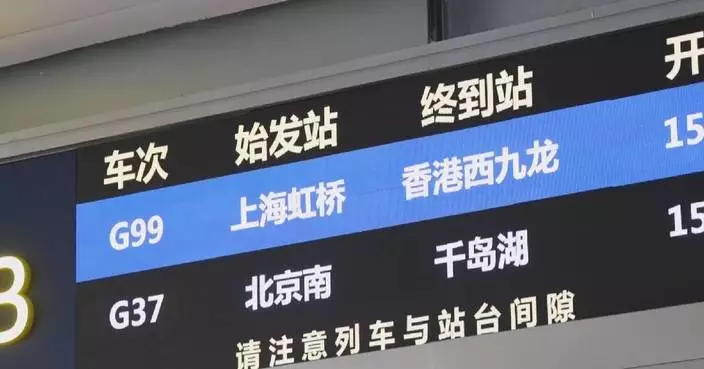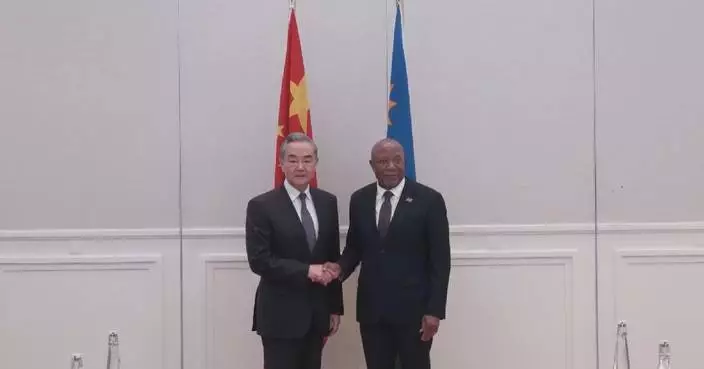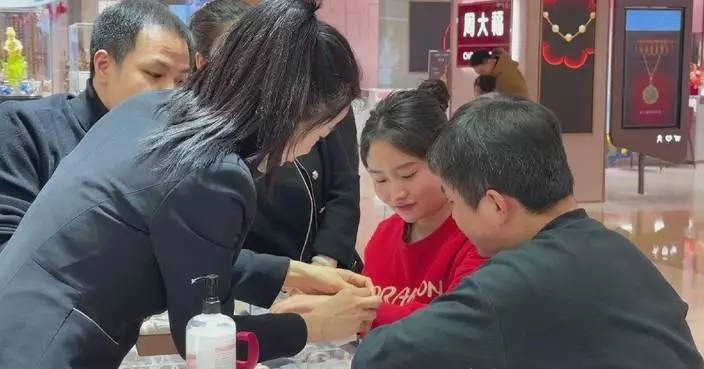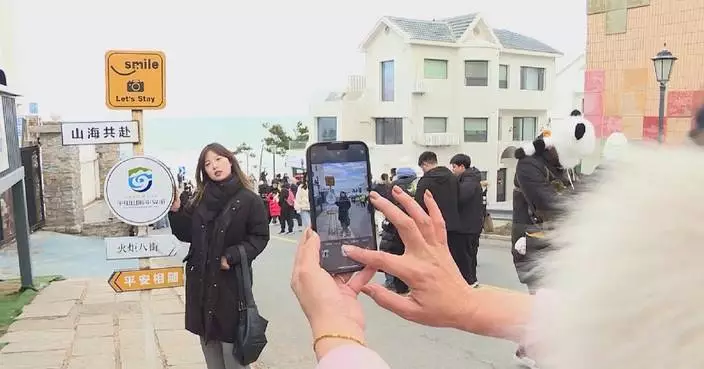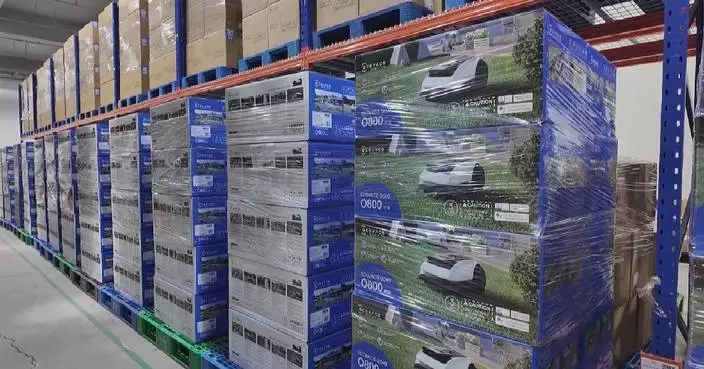Foreign investors have continued to intensify their presence in China in the new year, with new projects seeking to seize new opportunities created by the country's vast market, innovation vitality and opening-up policy.
Parkson, a Malaysia-based department store operator, is renovating a shopping mall in central Shanghai. As the oldest foreign-funded department store in the city, it re-signed a 15-year contract with the property owner after the previous contract expired two months ago.
In Suzhou City of east China's Jiangsu Province, Swiss measuring instrument company Endress+Hauser Group is building two new factories to improve its production capacity in the country.
"We have invested more or less 1.5 billion yuan (about 204.9 million U.S. dollars), and the next phase of investment is 2 billion [yuan] for the next three to five years," said Matthias Altendorf, president of the company's supervisory board.
Sanofi, a French multinational pharmaceutical and healthcare company, has recently announced it would invest one billion euros to build a new production base in Beijing E-Town, the largest ever single investment by any foreign investor in China.
"It's a huge investment for us. But it's the right thing to do," said Paul Hudson, chief executive officer of Sanofi.
China has removed all market access restrictions on foreign investment in the manufacturing sector and constantly extended pilots for service opening-up in the fields of telecommunications, medical services and education.
According to the latest Sentiment Survey by the British Chamber of Commerce in China and the Business Confidence Survey by the German Chamber of Commerce in China, 76 percent of British companies are maintaining or increasing their investment in China, 92 percent of German companies plan to maintain their operations, and over half of German companies plan to increase investment within the next two years in China.
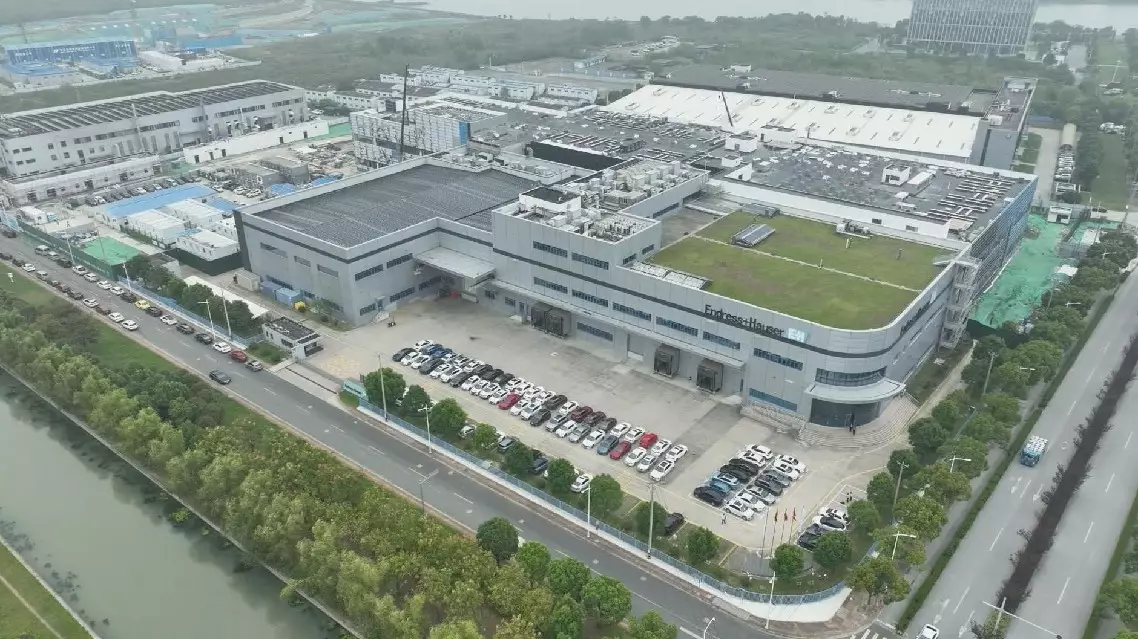
Foreign companies expand investments, seize new opportunities in China
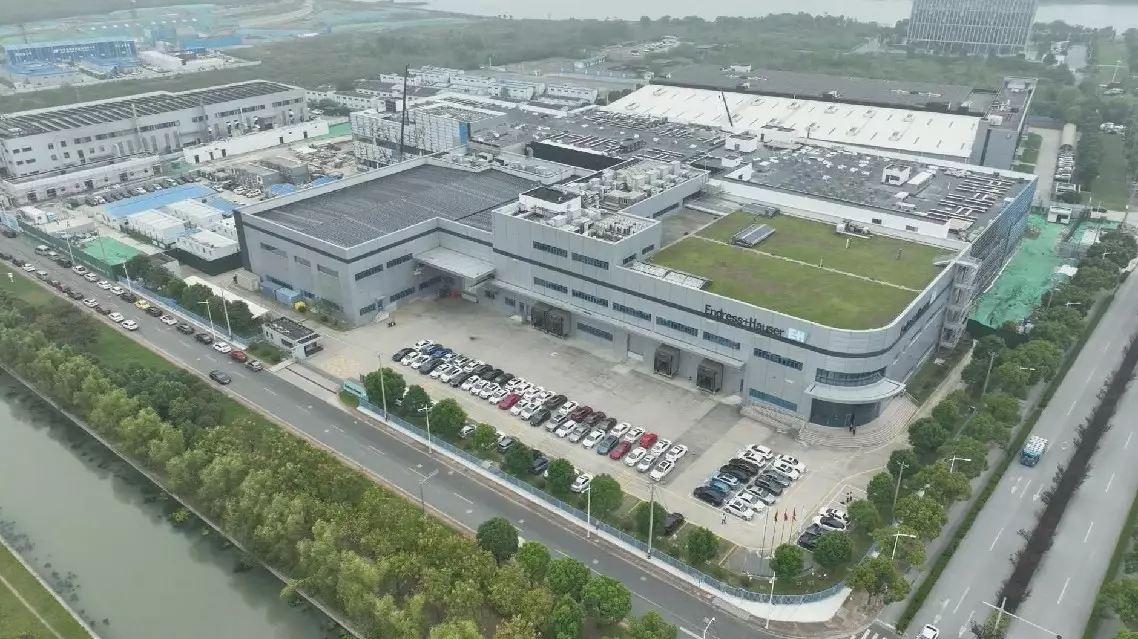
Foreign companies expand investments, seize new opportunities in China
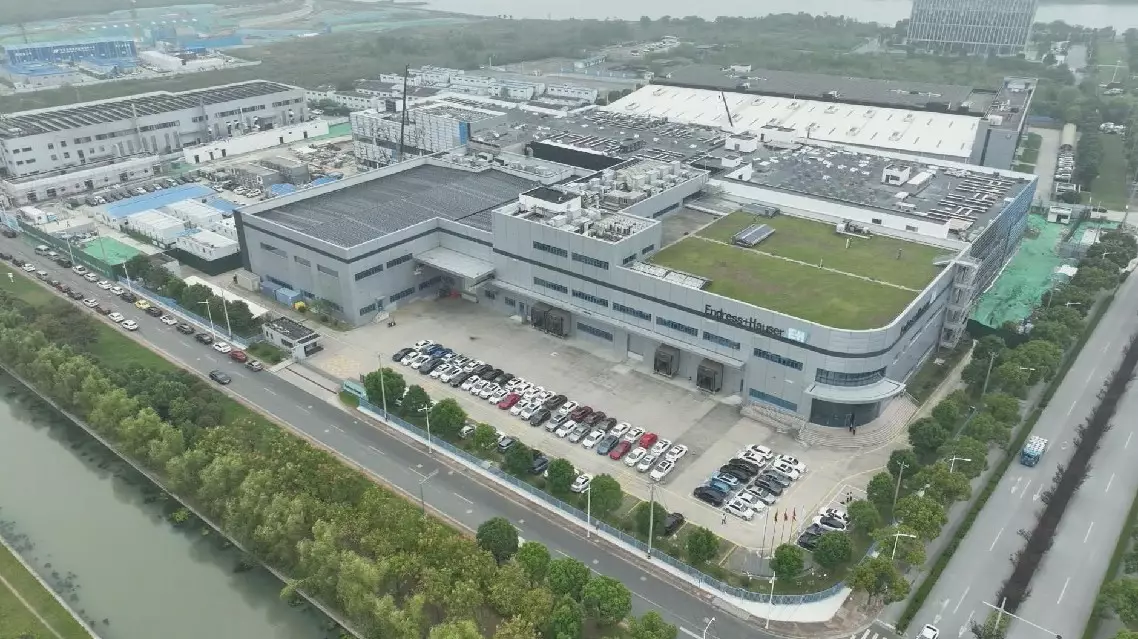
Foreign companies expand investments, seize new opportunities in China
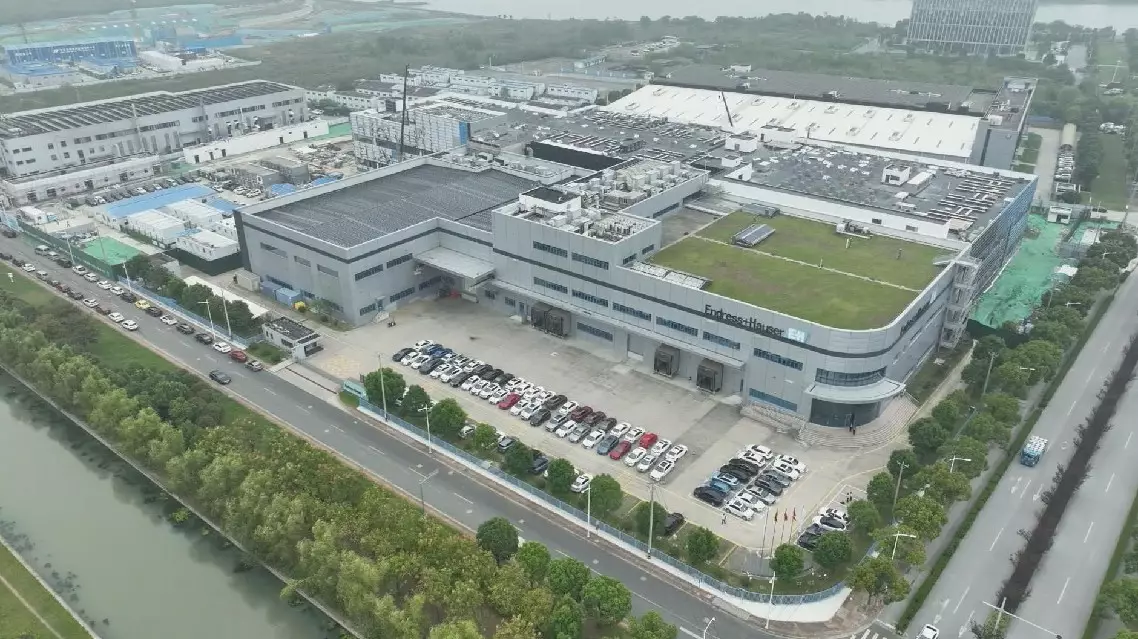
Foreign companies expand investments, seize new opportunities in China


